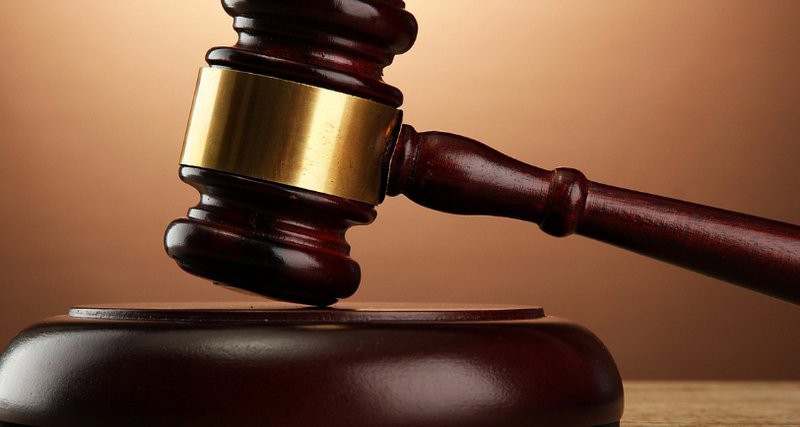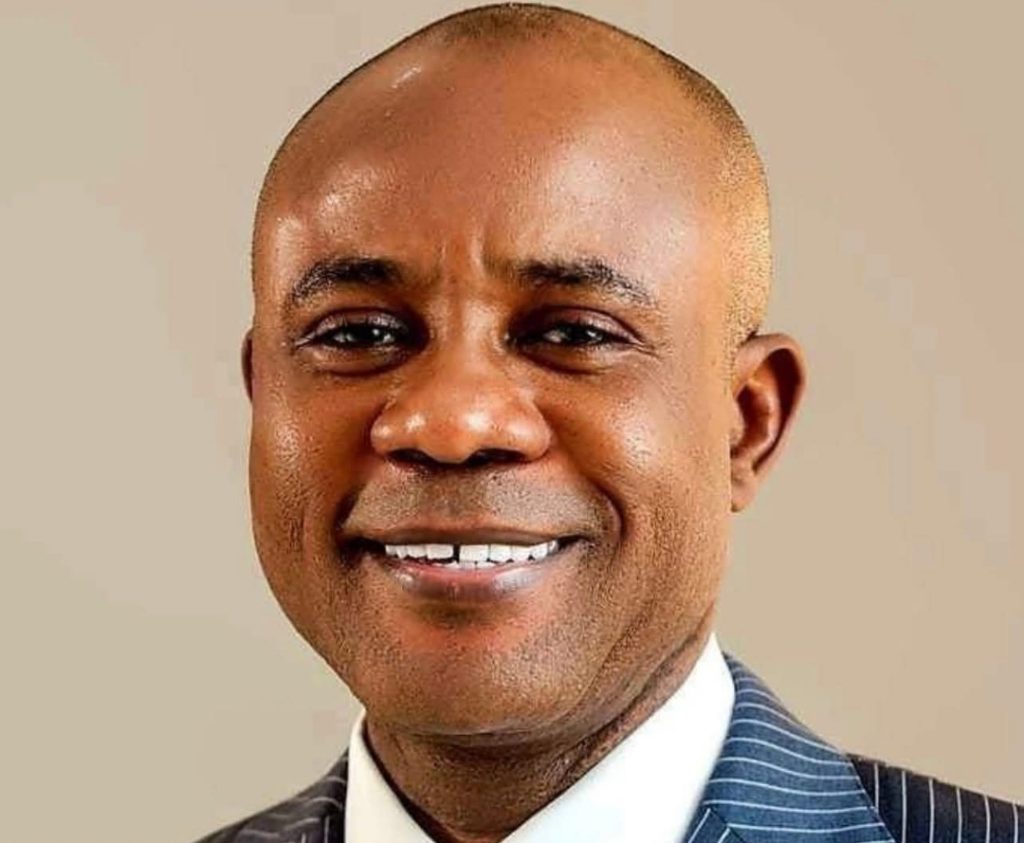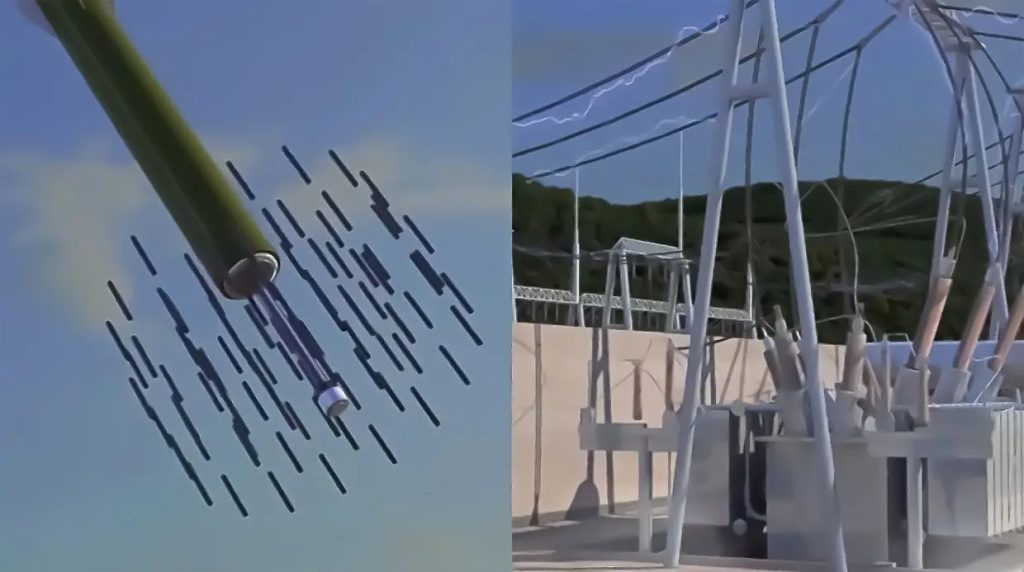Economy
Tinubu’s tax overhaul sparks power struggle in senate
DDM News

The Nigerian Senate has approved two significant tax reform bills proposed by President Bola Ahmed Tinubu.
This move marks a crucial phase in the administration’s efforts to restructure Nigeria’s tax system for increased efficiency.
Diaspora Digital Media (DDM) gathered that the two bills passed are the Joint Revenue Board Establishment Bill (2025) and the Nigeria Revenue Service Establishment Bill (2025).
The Joint Revenue Board Bill seeks to repeal the Federal Inland Revenue Service (FIRS), one of Nigeria’s major tax collection agencies.
The Nigeria Revenue Service Bill aims to harmonise tax administration across the federal, state, and local governments to avoid duplication and inefficiency.
President Tinubu forwarded a total of four tax reform bills to the National Assembly in October 2024 as part of his broader fiscal policy agenda.
The Senate’s decision to pass two of the four bills comes at a time when Nigeria is grappling with dwindling revenue and a need to block leakages in its financial system.
These reforms, according to administration officials, are designed to overhaul the nation’s outdated and fragmented tax processes.
The proposed tax structure also outlines a new revenue-sharing formula for Value Added Tax (VAT), which remains fixed at 7.5%.
The new formula suggests that the Federal Government will now receive 10% of VAT revenue.
States and the Federal Capital Territory (FCT) will take 55% under the new arrangement.
Local governments will receive 35% of the total VAT proceeds, reflecting an effort to empower grassroots administration.
The proposal has, however, sparked wide-ranging debates within and outside the National Assembly.
Stakeholders have expressed mixed reactions regarding the implications of abolishing the FIRS and replacing it with a unified Nigeria Revenue Service.
Critics argue that while harmonisation sounds efficient, it may centralise too much power and reduce states’ autonomy in tax matters.
Some lawmakers have called for a deeper examination of how the harmonised system would operate without causing administrative bottlenecks.
The remaining two bills—the Nigeria Tax Administration Bill and the Nigeria Tax Bill—are scheduled for debate when the Senate reconvenes.
These bills are considered integral to the success of the Tinubu administration’s broader economic reform strategy.
Senate President Godswill Akpabio assured that the legislative chamber is determined to conclude all deliberations on the remaining bills.
“We are committed to concluding the outstanding bills tomorrow, even if we have to stay here until 10 p.m.,” Akpabio stated.
The Senate’s resolve to speed up the legislative process signals strong political will from both the executive and legislative arms.
Nigeria’s tax-to-GDP ratio remains among the lowest in Africa, standing at approximately 10.8% as of 2023.
Reforming the system is seen as a critical step toward increasing national revenue without imposing new taxes on already burdened citizens.
The Federal Government believes that a streamlined tax process will attract foreign investment and boost local productivity.
Experts also suggest that harmonised tax structures will reduce corruption, as overlapping agencies often create opportunities for exploitation.
By repealing the FIRS, the Tinubu administration aims to centralise monitoring while still involving state actors in enforcement and compliance.
This has led to discussions among governors, many of whom are concerned about their roles in the new framework.
While some state governments welcome the move as a way to clarify tax responsibilities, others fear it could erode state revenue autonomy.
The Nigeria Governors’ Forum is expected to release a joint statement once the remaining bills are passed.
The business community has responded cautiously, urging transparency and stakeholder engagement during implementation.
Small and medium-sized enterprises (SMEs), in particular, worry that harmonised collection might come with increased scrutiny and administrative burdens.
The Federal Inland Revenue Service, which is set to be scrapped, has not officially commented on the proposed changes.
Its staff union, however, has issued a statement urging lawmakers to consider the impact on employment and institutional knowledge.
International development partners, including the IMF and World Bank, have long encouraged Nigeria to modernise its tax infrastructure.
They argue that improving tax compliance and administration is vital for sustainable development and reducing dependence on oil exports.
President Tinubu’s administration continues to pursue reforms in various sectors, aiming to revive economic confidence.
Observers are watching closely to see how the final versions of the remaining bills will address concerns about fairness and federal balance.
The outcome of this legislative exercise will likely shape Nigeria’s fiscal policy direction for years to come.
All eyes remain on the National Assembly as debates resume and lawmakers decide the future of Nigeria’s tax administration.
For Diaspora Digital Media Updates click on Whatsapp, or Telegram. For eyewitness accounts/ reports/ articles, write to: citizenreports@diasporadigitalmedia.com. Follow us on X (Fomerly Twitter) or Facebook











